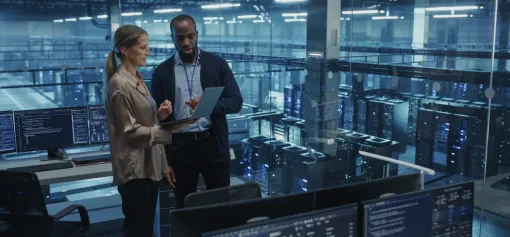230+ respondents provided valuable data on multiple elements impacting fraud and security.
This is the 7th annual edition of the Treasury Fraud & Controls Survey underwritten by Bottomline and written and produced by Strategic Treasurer. 230+ finance and treasury professionals from corporations and banks around the world participated in this comprehensive survey sharing their thoughts and practices across many areas.
For those who either remember broken records or those that have watched a video of what a broken record does, there are a few places where this report seems to be a repeat of last year and perhaps the year before. This is certainly true in some areas. The seriousness of fraud and the view that the criminals perpetrating these attacks and the companies suffering losses is quite real. We think the “skipping” of the record in these cases is instructive in that the pain and issue hasn’t gone away. Importantly, the same tune is played at a higher volume in some cases.
Examine the four-year upward trend of respondents indicating a significantly more serious threat of fraud. The trend is useful information, and the increase in volume is an appropriate alarm. The shift to working from home (WFH) is causing many companies to explore how the location of workers may increase the threat level, and their responses allow us insight into what they are doing in order to mitigate this risk. Banks seem to have been more diligent in their defenses since they appear to be performing better at preventing and detecting fraud than their corporate peers. There are several practices that show correlation with lower losses, and banks are outpacing corporates here too. Strengthening the “human firewall” through training and testing is one such area where we see correlation.



